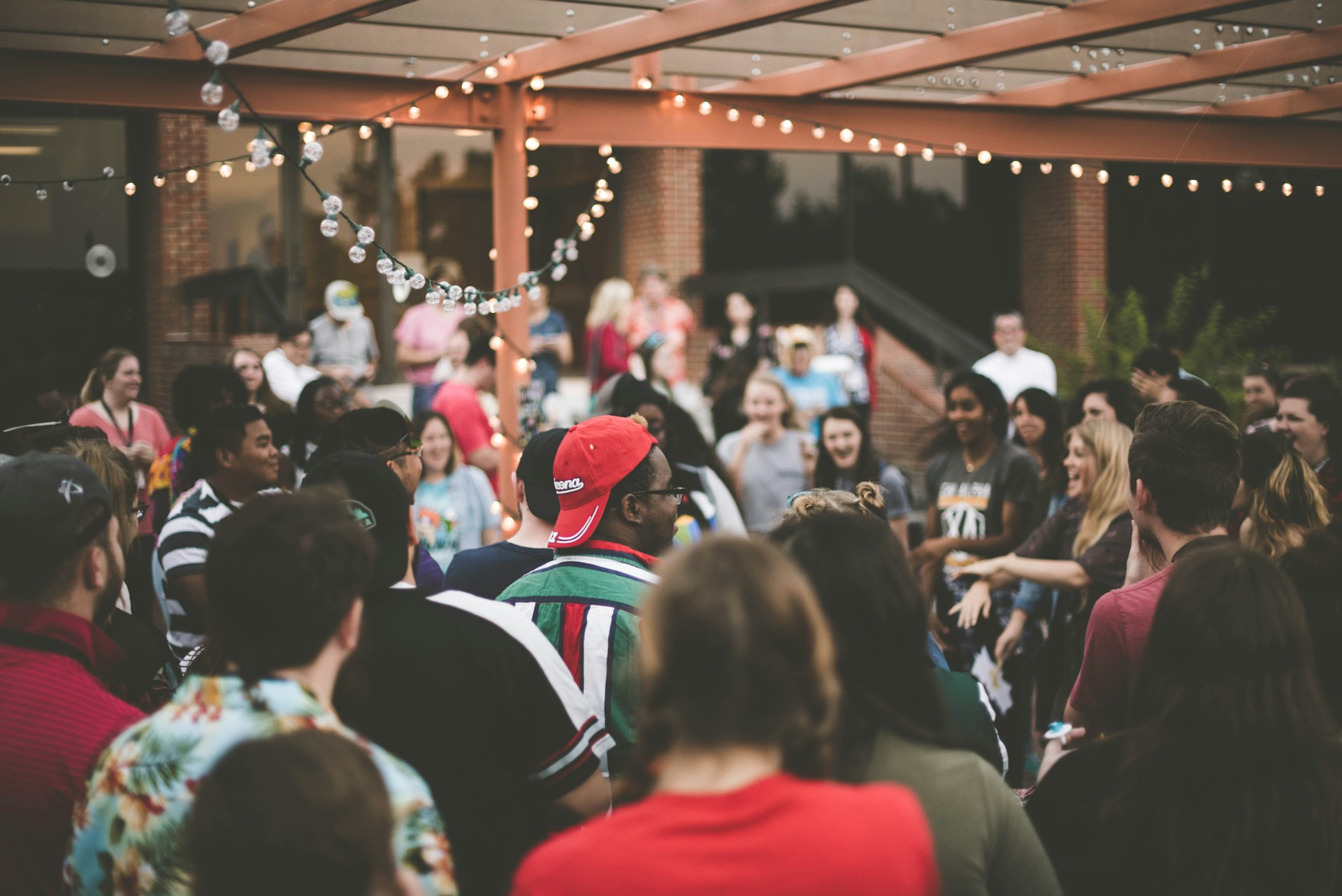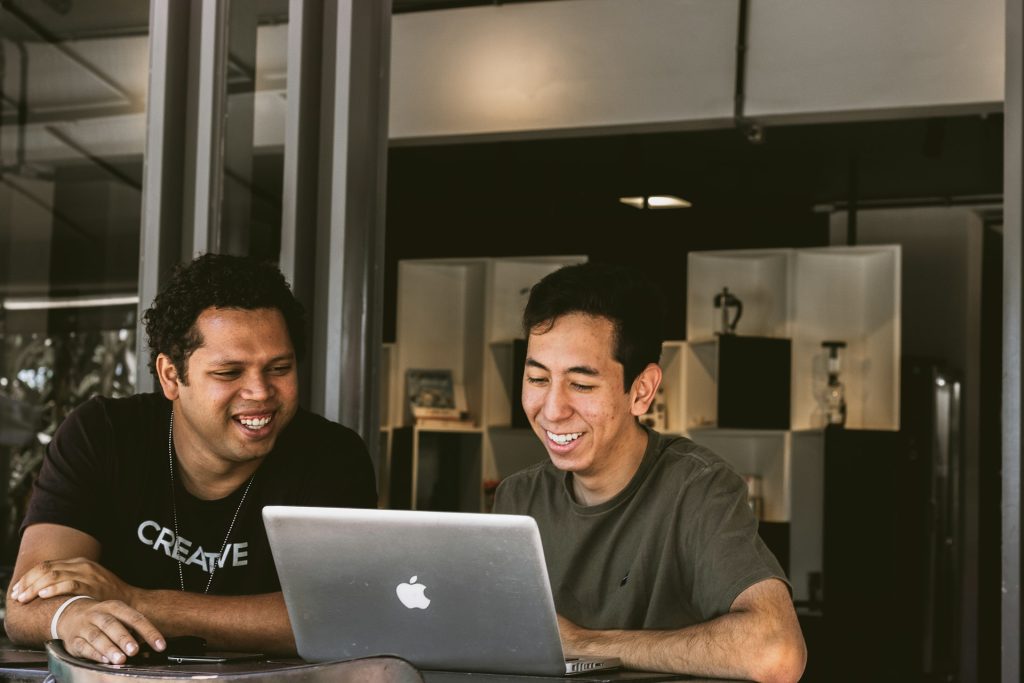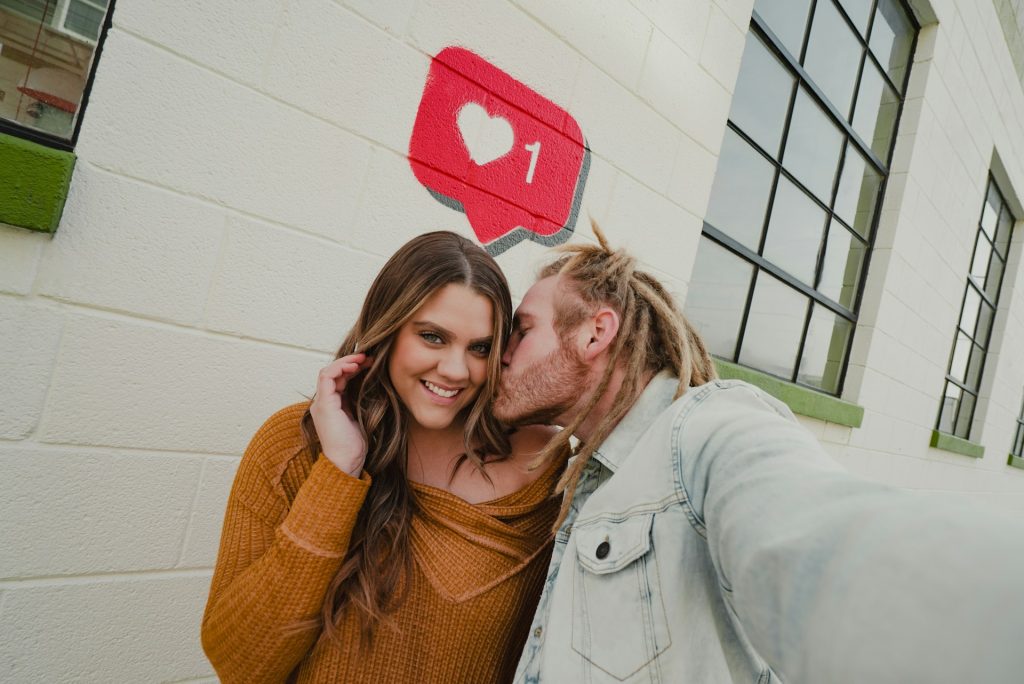
Leveraging Social Media for Event Promotion and Engagement
Social media has transformed the way businesses and individuals promote events. Whether you’re hosting a small community gathering or organizing a large corporate conference, social platforms offer unparalleled opportunities to reach, engage, and excite potential attendees. But to effectively harness this power, it’s essential to understand the strategies and techniques that drive results.
This guide breaks down how to leverage social media to successfully promote your events and maximize engagement before, during, and after.
The Role of Social Media in Event Promotion
The key to a successful event lies in driving attendance, and few channels offer the reach, targeting, and engagement potential of social media. Social platforms like Instagram, Facebook, LinkedIn, and X (formerly Twitter) have become essential tools for event marketers looking to build awareness, attract registrations, and create excitement.
Here’s why social media is indispensable for event promotion:
- Wide Reach: With billions of users across different platforms, social media allows you to reach a large audience, from niche markets to mainstream consumers.
- Real-Time Interaction: Social media enables immediate interaction with your audience, fostering engagement and encouraging two-way communication.
- Targeted Advertising: Advanced targeting options let you tailor your messaging to specific demographics, interests, and locations, ensuring your promotions hit the right audience.
- Cost-Effective: Organic posts and paid social media campaigns can deliver high returns without breaking the bank, making them ideal for events with tight budgets.
Pre-Event Promotion Strategies
To build anticipation and attract attendees, it’s essential to promote your event well in advance. Here’s how to leverage social media during this crucial phase.
1. Create a Social Media Event Page
One of the first steps to successful event promotion is creating a dedicated event page on platforms like Facebook or LinkedIn. This gives potential attendees a centralized hub for all event-related information. Make sure the page includes:
- Event date, time, and location
- A clear description of what attendees can expect
- Details on registration or ticket purchasing
- Links to relevant websites or resources
- Visual content, such as promotional banners or speaker images
Having this page allows users to RSVP, share the event with their network, and stay updated on any announcements or changes.
2. Tease with Behind-the-Scenes Content
Excitement is contagious, and sharing behind-the-scenes content can help generate buzz leading up to the event. Use Instagram Stories, TikTok videos, or Facebook Live sessions to showcase:
- Event preparations
- Sneak peeks of speaker presentations
- Interviews with keynote speakers or special guests
- A countdown to the event day
This type of content makes your event feel more personal and exclusive, enticing your audience to engage and spread the word.
3. Leverage User-Generated Content (UGC)
User-generated content is a powerful tool for creating social proof and fostering community. Encourage your followers to participate in your pre-event buzz by sharing their own posts about the event using a custom hashtag.
For example, run a contest where users share why they’re excited to attend or post a picture related to the event theme. Reward the best entries with discounted tickets or event swag, which can help spread awareness and increase engagement.
4. Run Targeted Social Ads
Organic reach can only get you so far, especially when you want to attract new attendees outside your immediate following. Invest in paid social media ads, focusing on platforms where your target audience spends the most time.
Use these tips for effective social ad campaigns:
- Custom Audiences: Target users based on demographics, interests, and past interactions with your brand.
- Lookalike Audiences: Facebook and LinkedIn allow you to create lookalike audiences—people who share similar traits with your current followers or customers.
- Compelling Creative: Include eye-catching visuals, clear CTAs, and copy that highlights the key benefits of attending the event.
Maximizing Engagement During the Event
Social media engagement shouldn’t stop once the event starts. In fact, leveraging real-time interactions can amplify your event’s impact and reach.
1. Create a Branded Event Hashtag
Having an official hashtag is essential for tracking conversations and posts about your event. Make sure your hashtag is short, memorable, and unique. Promote it across all event materials and encourage attendees to use it in their posts.
This will help attendees connect with each other online and create a sense of community around your event. It also increases the visibility of your event to those not attending, possibly driving last-minute registrations or virtual engagement.
2. Livestream Key Sessions
If your event includes notable speakers or exciting sessions, livestreaming can significantly expand your audience. Platforms like Instagram Live, Facebook Live, and YouTube make it easy to broadcast parts of your event to a global audience.
Incorporate a mix of live content, including:
- Keynote speeches
- Panel discussions
- Behind-the-scenes interviews with speakers or VIPs
Livestreams also allow for real-time interaction, as viewers can ask questions, comment, and engage with your event from anywhere in the world.
3. Engage Attendees with Live Polls and Q&A
Interactive elements such as live polls, Q&A sessions, or even social media challenges can help keep attendees engaged throughout your event. Platforms like Instagram Stories offer built-in poll features, while tools like Slido or Poll Everywhere can facilitate real-time feedback.
Not only does this increase engagement, but it also provides valuable insights into attendee preferences and interests, which can inform future events.
4. Capture Event Highlights for Social Sharing
During the event, capture high-quality photos and videos to share in real-time. Highlight key moments, such as:
- Speakers on stage
- Excited attendees networking or participating in activities
- Event decor and ambiance
Posting this content live on your social channels helps maintain excitement throughout the event and gives your followers a behind-the-scenes look at what they’re missing.
Post-Event Engagement Strategies
The event may be over, but the promotion and engagement don’t stop there. Keeping the momentum going post-event is crucial to nurturing relationships with attendees and driving future success.
1. Share a Recap Video or Blog Post
A well-produced event recap video can help extend the lifespan of your event content and keep the conversation going. Edit together clips from key moments, attendee testimonials, and behind-the-scenes footage.
You can also write a detailed blog post summarizing key takeaways, major announcements, or lessons learned from the event. Share this across your social media channels, and invite attendees to engage with the content by sharing their own experiences in the comments.
2. Follow Up with Attendees on Social Media
After the event, engage with attendees by responding to comments, liking and sharing their posts, and thanking them for attending. Use personalized messages where possible, showing attendees that you value their participation.
If you collected contact information during the event, send a follow-up email or direct message linking to the event recap, additional resources, or announcements about upcoming events.
3. Collect Feedback through Surveys
Social media platforms, like Instagram Stories or LinkedIn, allow you to easily conduct post-event surveys. Use these to collect feedback on what attendees enjoyed and where improvements can be made for future events.
This not only shows attendees that you value their input but also provides actionable insights for your next event.
4. Promote Future Events or Offer Incentives
If you plan to host similar events in the future, now is the perfect time to begin promoting them. Offer early-bird discounts or exclusive access to those who attended your last event.
Use social media to build anticipation by teasing future events or announcing dates and speakers. Keep your audience engaged by continuing to share valuable content and event highlights.
Final Thoughts
Leveraging social media for event promotion and engagement requires a strategic approach. By building anticipation, creating interactive experiences, and maintaining relationships with your audience post-event, you can ensure that your event is not just a one-time experience but a lasting success. Whether you’re promoting an intimate gathering or a large-scale conference, the right social media strategy can make all the difference.
With these tips in hand, you’re well on your way to creating buzz, driving attendance, and fostering long-term engagement around your events.


